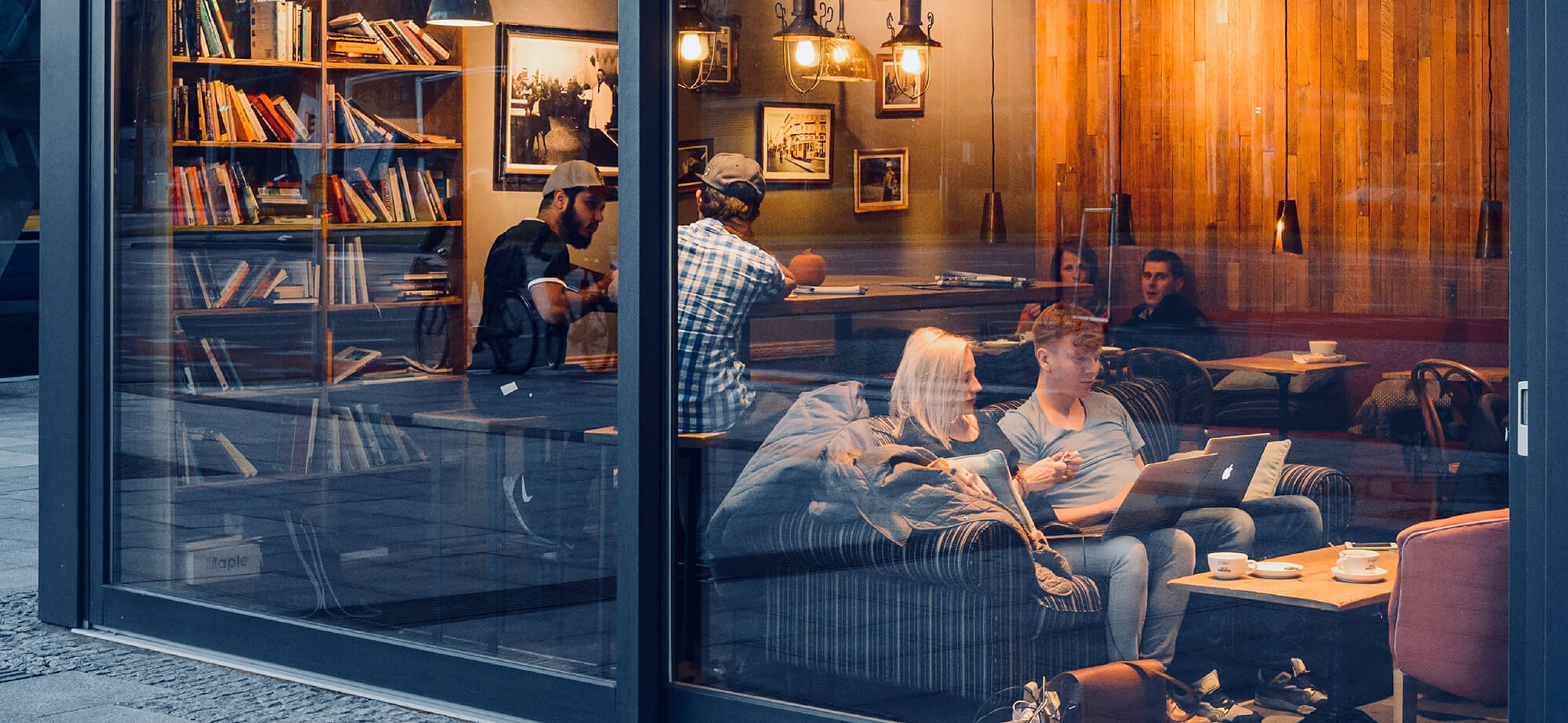Trending — The Hybrid Future —
Experience, connection and collaboration in a hybrid future
Experience, connection and collaboration in a hybrid future
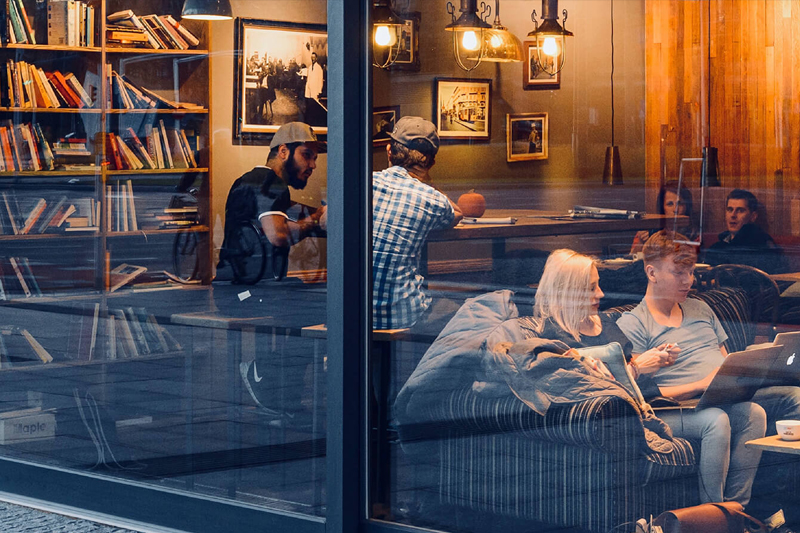
Author: Tim Oldman
May 2024
Since 2020, the rise of remote and hybrid working has proved to be one of the largest cultural shifts of the 21st century.
However, despite its impact on everything from city centre coffee shops to parenthood, the long-term effects of hybrid working remain unknown. Many companies are now looking to consolidate their approach to hybrid working and make choices about the future of their office footprints. At present, there is little to base these decisions on apart from opinion and conjecture.
This was a significant motivation behind Leesman’s decision to launch The Hybrid Future, which aims to be the most comprehensive and objective view of the impact of hybrid working to date. Cutting through the noise, over three years the investigation is capturing responses from a diverse group of participants from around the world, to answer some of the biggest questions about hybrid working. Working closely with the MIT Centre for Real Estate, Leesman is looking beyond the walls of the workplace to examine the wide-spanning effects of hybrid working on people, places and society.
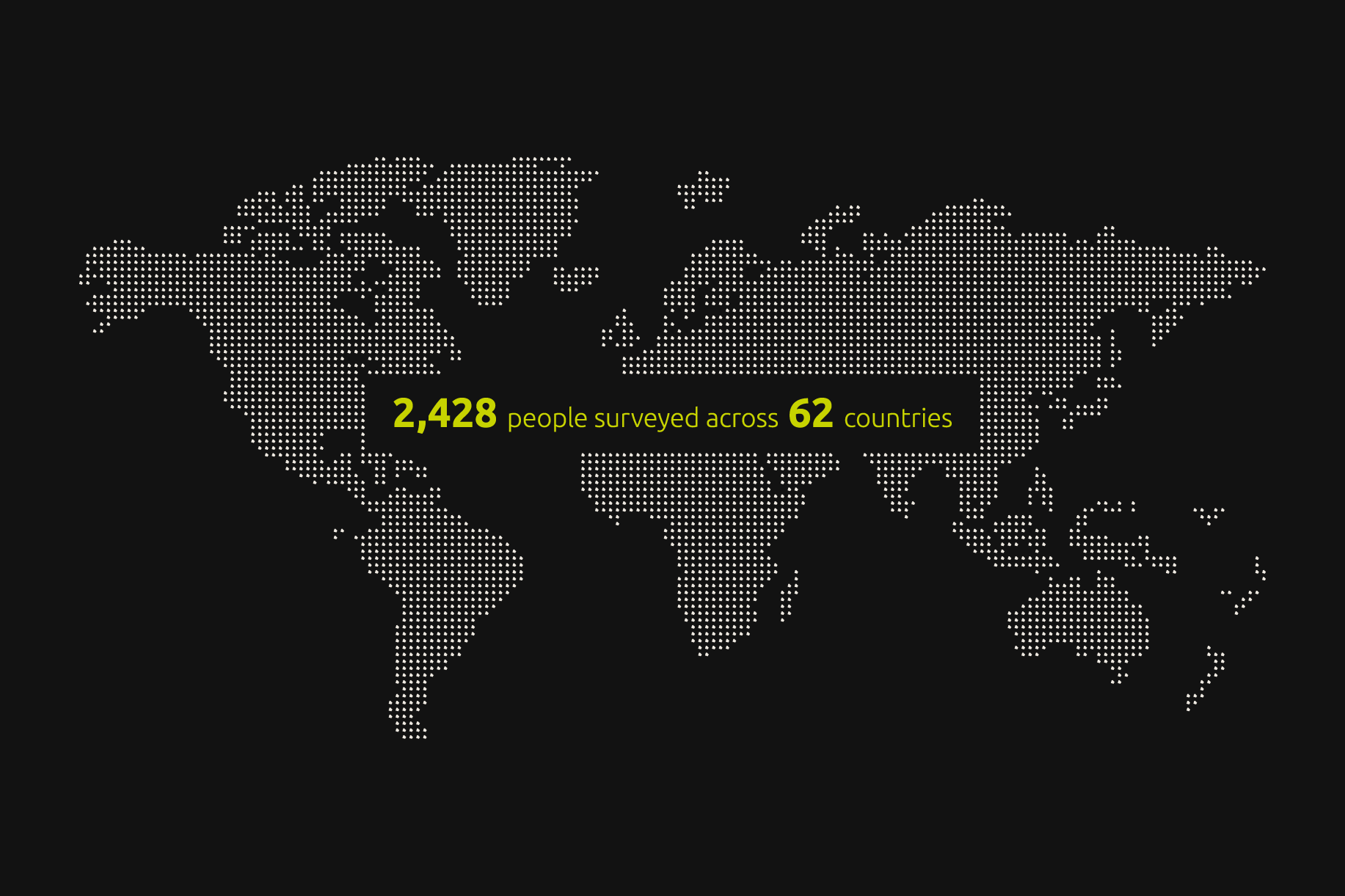
The first wave of results is in, revealing a unique insight into hybrid working preferences, social connections and collaboration.
We heard from 2,428 respondents from 62 countries and eight organisations, such as Standard Chartered, Hickey & Associates, The Executive Centre, GSK, Haworth, NatWest and Haleon.
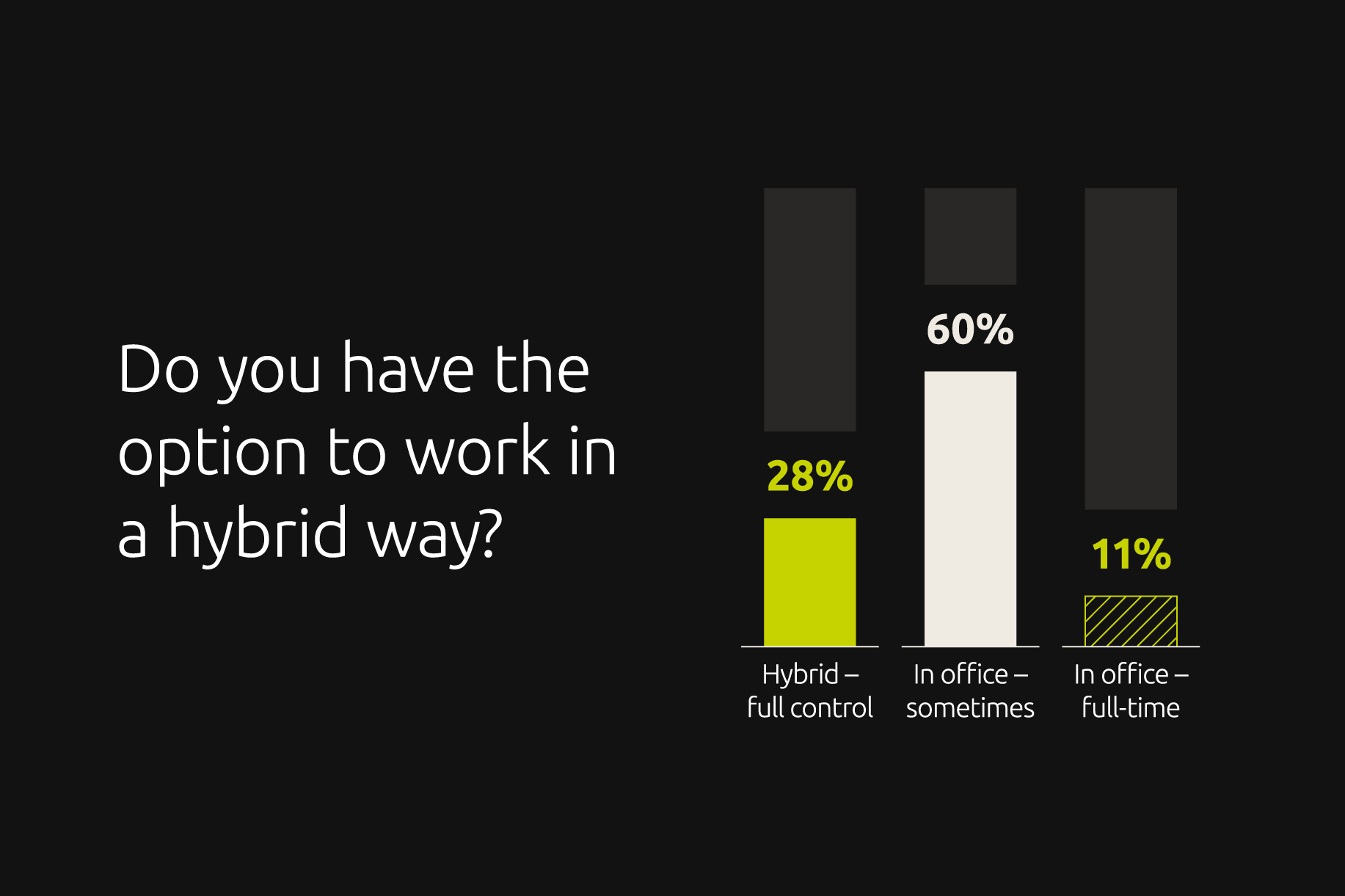
We asked our participants if they had the option to work in a hybrid way. 28% stated that they had full control over where they worked. The majority of respondents, 60%, reported that they have to work in the office some of the time. Only 11% have to work in the office full time, and a small 1% reported that their company is fully remote. Maintaining employee flexibility and freedom is key to fostering a sense of trust and confidence within a workforce. Choice over where we work can also help maintain a healthy work-life balance, by ensuring family responsibilities for example can be attended to.
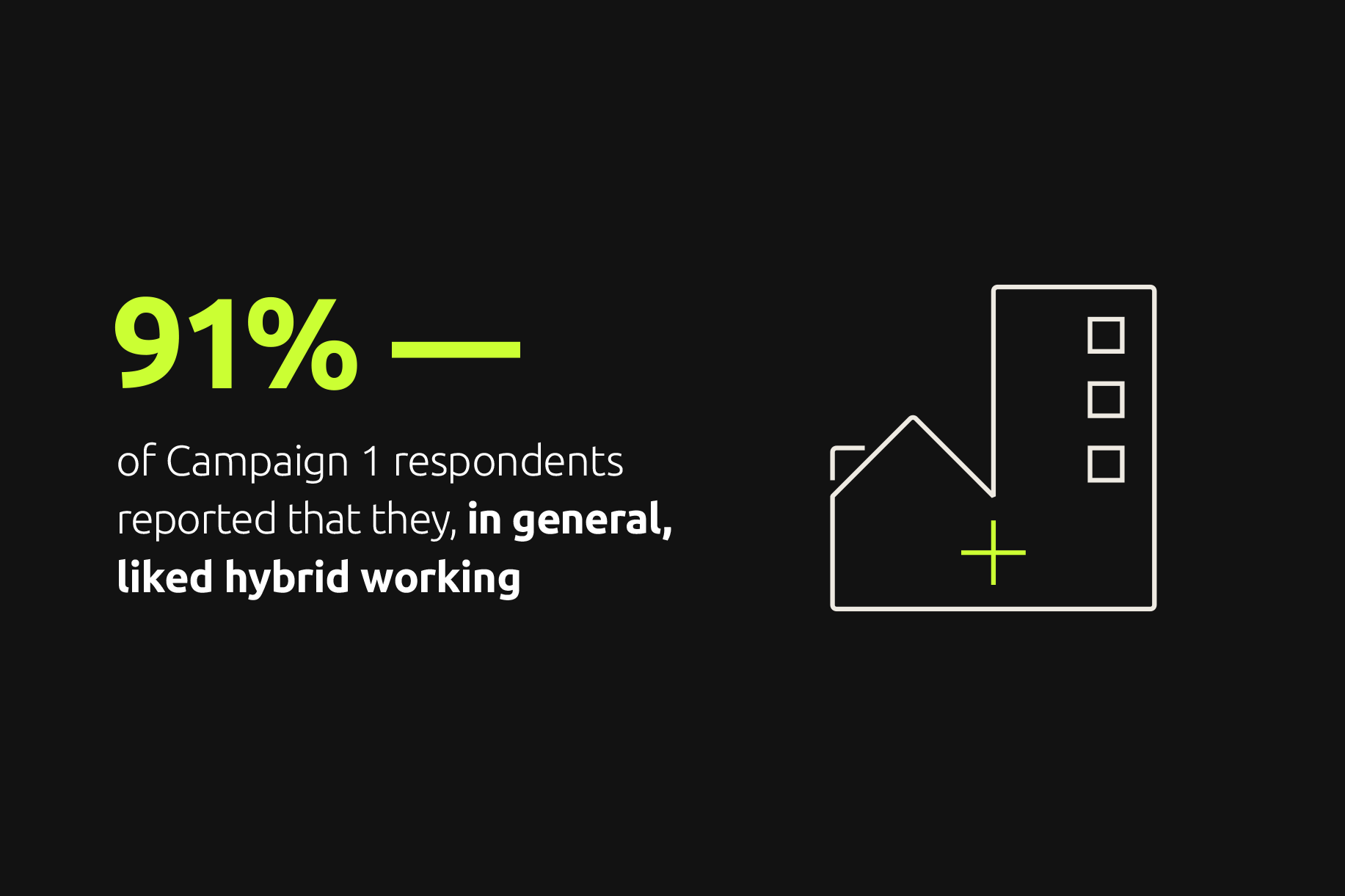
In terms of hybrid working experience, 91% of respondents in Campaign 1 reported that in general they liked hybrid working, and 80% had a good experience of hybrid working in the past month. With such an overall positive experience of hybrid working, employers imposing strict return-to-work mandates may struggle to achieve full-time office attendance.

When looking at social connection, we found that a significant 42% of respondents sometimes or frequently felt disconnected from colleagues when working remotely. This is a somewhat concerning finding, as disconnection between colleagues can pose threats to company culture, morale, trust and teamwork.
Since 2020 there has been the ongoing challenge of creating connections between employees who are physically distant. At first, this looked like Zoom happy hours and online quizzes. In 2024, this has matured to look like hybrid workplace events and inclusive in-person meet-ups.

There is also the issue of hybrid collaboration. 24% of respondents reported sometimes or frequently feeling left out of important discussions when working remotely. This could lead to obvious issues with voices not being heard and communication suffering.

We also identified issues with hybrid meetings which are made up of both in-person and virtual participants. 41% of respondents sometimes or frequently find it difficult to virtually participate in hybrid meetings, and 40% sometimes or frequently find it difficult to engage in person during hybrid meetings. While technology is used by many to facilitate mixed office and remote meetings, there are still issues with either party feeling left out, and challenges with audio or connection.
This is just the first wave of findings which will be expanded and explored in further depth over the next two years. As the debate around hybrid working continues to evolve, we’re looking forward to uncovering more ripple effects of hybrid working on our cities, culture, careers and workplaces.

